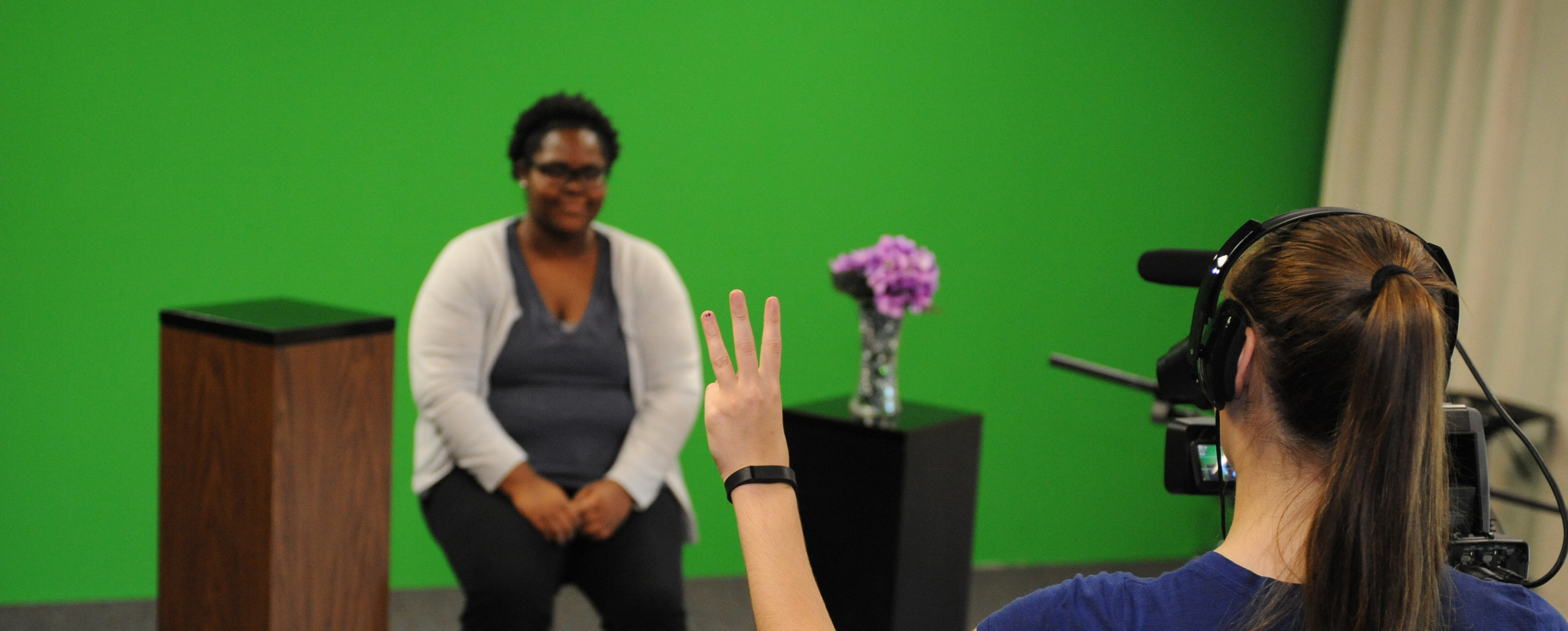
Studying communication develops an individual’s ability to thrive in the workforce and society. Communication skills not only enrich relationships, they also help individuals to continually adapt to a rapidly changing world. In our program, students learn how to conceptualize and analyze various forms of mediated communication in socio-cultural, aesthetic, civic, and economic terms. They also develop practical skills in relation to various modes of communication and forms of media. The study of communication can prepare students for careers in such fields as education, journalism, public relations, government and public policy, marketing, and advertising. It can also help to provide the basis for future graduate study in these fields and others, such as law and library and information science.
Major Learning Outcomes (MLOs)
By the completion of this program, students will be able to:
- Apply concepts in public discourse in various contexts (e.g. audience analysis, synthesis of information from a variety of sources, and development of effective arguments, etc.)
- Apply communication theories to real-world situations, demonstrating an understanding of rhetorical and/or communication theory through (a) comparison; (b) delineation; and (c) evaluation.
- Evaluate and utilize appropriate research methods to address problems or questions in the field of communication.
- Analyze various forms of mediated communication in socio-cultural, aesthetic, civic, and economic terms.
GRADUATE OUTCOMES
Cleveland Indians
Florida Atlantic University
Google, Inc.
Ohio State University Law School
Stykemain Buick
Toledo Symphony Orchestra
University of Findlay


